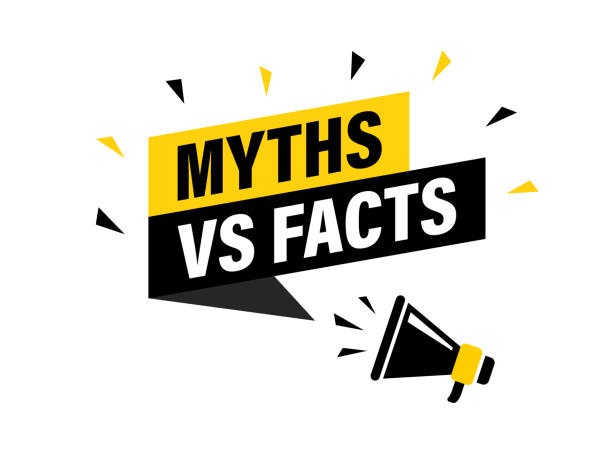Remote online notarization (RON) is powering the future of digital documentation, but it is still relatively new. And there’s confusion about how it works. eNotaryLog can explain RON in the simplest of terms and set the record straight on some of the biggest myths surrounding remote online notarization.
-
Anyone can conduct RON. False.
A notary cannot perform a notarization over any video platform. A certified public notary must first meet their state’s qualifications to become a traditional notary. Then they may apply to begin conducting remote online notarizations in their state. Testing and RON training are required, as well as creating eSeals, digital certificates, electronic signatures, and an electronic journal. Lastly, there are fees associated with becoming a RON notary.
-
You can use any video/audio technology. Mostly True.
Remote online notaries must use a computer that supports two-way audio and visual communication, including a webcam and microphone. They also must select a state-approved RON platform like eNotaryLog. eNotaryLog’s platform is easy to use and provides comprehensive support, training, and onboarding services. Out of the 44 states with RON laws, eNotaryLog serves 42 of those states, plus Washington, D.C.
-
RON is not secure. False.
Actually, RON is more secure than traditional notary transactions. And eNotaryLog has been endorsed by leading global law firm and fintech advisor DLA Piper. DLA Piper is a premier legal advisor to the Electronic Signature & Records Association (ESRA). Receiving the endorsement by DLA Piper is a testament to eNotaryLog’s credibility in digital documentation. eNotaryLog is the first MISMO-certified RON platform and has completed the updated SOC 2 compliance audit certification.
-
RON is replacing title agents. False.
RON powers title transactions. With the convenience and efficiency of RON, agents improve their work processes and find more time to connect with their clients. They no longer must print and chase paper, track shipping numbers, call signers, or follow them across state lines. Instead, they focus on their clients and build relationships that grow their business.
-
RON is temporary. False.
The rules and regulations of social distancing brought remote work to the forefront of doing business. Traditional, in-person notarizations, signing, and closings were halted during the lockdown of COVID-19, and RON offered an innovative and secure solution. RON has proved that the future of documentation is digital. Forty-four states have permanent RON laws, and the momentum continues.
Check out eNotaryLog today! Our platform dispels any myths about RON by making digital notarization as simple as 1, 2, 3.



